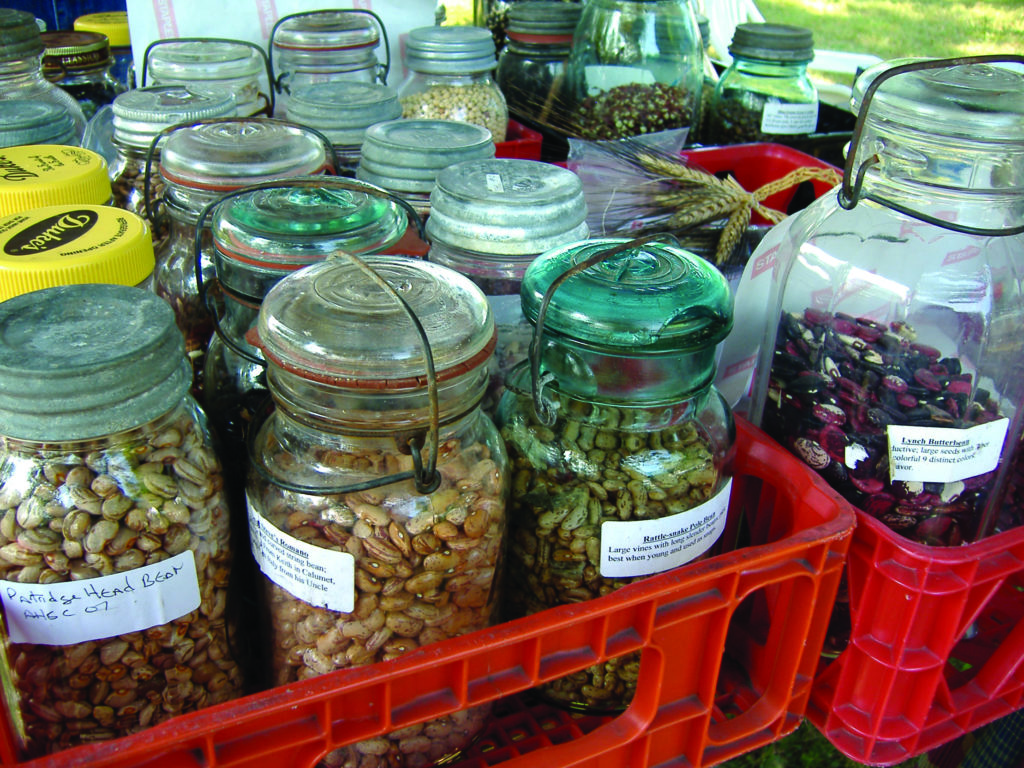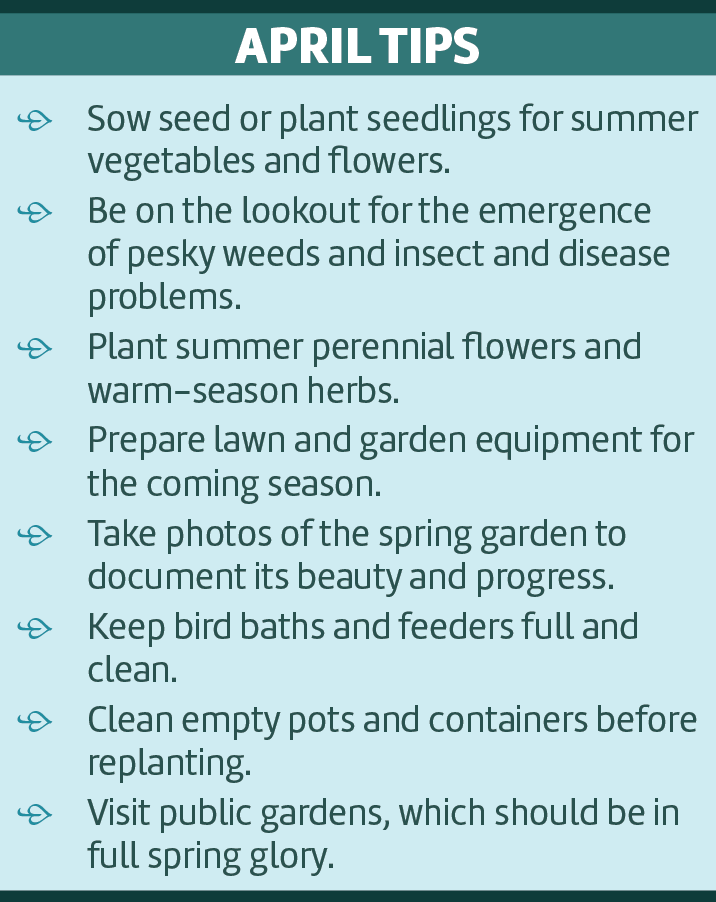The many benefits of seed saving and swapping.

Beginning this month, gardeners will be doing a whole lot of planting, which means we’ll all be looking for seeds and transplants of our favorite varieties. But what if we can’t find them?
That happened in 2020 when demand for seed, spurred by the pandemic-inspired surge in gardening, outpaced supply, especially among heirloom varieties. According to Ira Wallace, co-owner and manager of Southern Exposure Seed Exchange — the go-to source for heirloom and open-source seeds adapted to the South — the cause of that shortage was two-fold.
In some cases, not enough seed of some varieties had been produced the previous season to meet demand and new supplies couldn’t be produced overnight. In many cases, however, the seed supplies were there but the personnel to fulfill orders and slow shipping times hindered the process.
While SESE and other seed suppliers are better prepared this year, Wallace encourages patience with the process, and she suggests it’s an opportunity to branch out. Of the 700-plus varieties on SESE’s website, less than 10 percent are in short supply or unavailable. That leaves many other choices to try and maybe find a new favorite in the process.
Another solution is to use local seed banks, libraries and exchanges. A number of public libraries here in Alabama, including the Birmingham Botanical Gardens, have seed repositories; there are other seed sources here in the state, such as the Sand Mountain Seed Bank, that offer locally adapted seeds and participate in seed swaps.
The idea of saving and sharing seeds is an age-old practice — early agriculturists had to save seed from one crop to ensure they could plant the next, and they often swapped extra seed with one another to spread the wealth. Though the practice waned with the advent of readily available commercial seed supplies, concerns about the impact these patented hybrids were having on biodiversity, seed accessibility and food security created a renewed interest in heirloom and open-pollinated seeds and plants and in sharing those with one another.
Heirloom varieties, which SESE defines as “any variety dating to 1940 or earlier,” have been lost in the past century — and according to the Seed Savers Exchange, that loss includes some 75 percent of edible plant species.

The seed saving movement, which began in earnest in the 1960s, has helped reclaim some of those varieties and led to the development of new ones, and it has created renewed interest in seed and plant swaps. Here in Alabama, opportunities for swapping and sharing exist in many communities, often organized through local garden groups and public gardens, and allow gardeners to exchange excess plant material and much more.
“Folks are really friendly at these swaps,” Wallace says. “And seed swaps aren’t just a place to get seeds but also the story of that seed,” and get expert advice and make connections with fellow gardeners.
Though the pandemic caused the cancellation of many of these events in 2020 and 2021, they are expected to reopen in the coming months so check with local garden groups, public gardens and the Alabama Sustainable Agriculture Network for updates. “Or organize your own,” Wallace says. Details on how to do that are available through a wide range of seed saving and gardening organizations.
Yet another source of seed is from the very plants we grow in our very own gardens. Some seeds are easier to save than others, but advice on seed saving is readily available through the websites of SESE and other seed exchange and gardening organizations and the Alabama Cooperative Extension System.
Katie Jackson is a freelance writer and editor based in Opelika, Alabama. Contact her at [email protected].




